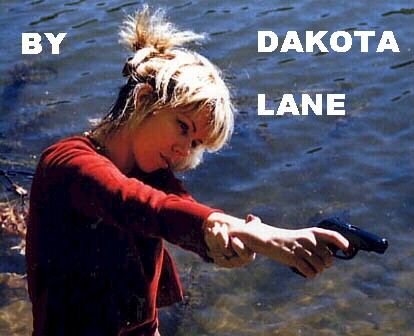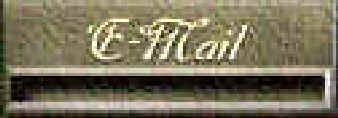
 sm
smSECTION THREE

 sm
sm
THE GAS MAN

Every time he sees those army recruiting commercials, the ones that imply wars will widen your horizons, Ed thinks his company should adapt and modify the slogan.
"Be a gas man, see the world!"
Although Ed has never been to Paris or the Bahamas or India or Beirut, has only once been out to California and on only seven or eight local fishing trips, Ed believes his gas company has shown him real life.
When Ed was a kid, his mother drank too much and enjoyed a stay or two in a sanatorium. She had several cruel tricks she liked to play on Ed and his siblings and one of them was called you're invisible. For minutes, hours--once, even two days and a night--she would pretend a kid was invisible. If Ed lay on the floor at her feet, she'd step right on his belly. If he was playing outside in the snow, she would ask where all the footprints were coming from.
Ed would lie in his bed on invisible nights wishing he really were invisible. He would beat up his mother, tease his brothers and sisters, eat everything in the refrigerator, wreck things around the house and then walk into the night and follow people into their warm, lighted homes to see if their lives were as sweet as they looked from the outside.
As a gas man, he achieved as near an invisibility as a mortal could when he entered people's homes. He was something like gas itself--something you could take for granted unless it smelled bad or disappeared when you needed it.
Ed was quite often called to poor homes. Because poor people were mostly on COD accounts, they inevitably ran out of gas at some point when they couldn't afford a delivery. They'd sit for a few hours with the situation, bathing at friends' houses if they had a gas
Relighting the pilots,
Ed found the same dreary sameness he had once known
water heater, making sandwiches. When their baby's cough got really bad, they'd borrow or scrape together enough money for a delivery.
After the delivery, Ed would come home and relight all the pilots. He also came to poor homes to check on the cheap, leaky heaters that landlords were too tight to replace. Most of the poor homes shared a dreary sameness which Ed had been exposed to before his job. There was fighting and crying kids, a TV blasting, clutter and dust, dim lights, the smell of cats, dishes in the sink, noise from the neighbors.
The very rich also required Ed's services. When they were ready to open up their country homes for the summer or the winter holidays, a maid would greet Ed at a massive front door and he'd wipe his feet before trudging across thick carpets and polished wood floors to set every gas-fueled object right.
The rich homes had an air that wasn't entirely foreign to Ed either. He's seen the clean gentility and fabulous furnishings of the rich homes on TV. But during his five-to-thirty-minute nearly invisible stays in the rich homes and poor homes and in between homes, Ed saw life. Although people exhibited a certain restraint in his presence and normal daily events seemed momentarily suspended--a temporary wash of decorum wiped like a plastic sealant over everything--the real lives of these people always broke through.
Sometimes he saw it in the face of a fatherless two-year-old who tottered up to him with an expression of joyful expectation. Often it was the phone, ripping through the fakeness with sudden news of love, sex, illness, death and hope. Once it was a woman body-builder running out of a room off a hallway in a bathing suit, heavy metal escaping the room, her muscles trying to escape her skin. Once it was two teenagers he saw in bed together. Once it was the smell of marijuana, the smoke still hanging in the kitchen making him light-headed as he fixed a stove. Once it was the 1,000 photos of primates that covered a bathroom wall. Once it was a red-headed man coming quickly through the door saying, "Honey, I've got the money," and Honey throwing her arms around the man. Once it was a woman who asked Ed if he wanted to sit at the table and have a cup of fresh-brewed coffee. He said no but he still thinks of her black hair and pretty, tired eyes and that was real life.
Ed has made a game of it, finding the moment of real life during his visits. When real life exposes itself, Ed feels, for better or worse, utterly visible. ##
CLICK HERE TO GET TO INDEX OF COLUMN NINETEEN

CLICK HERE TO GET TO INDEX
OF COLUMNS
The
Blacklisted Journalist can be contacted at P.O.Box 964, Elizabeth, NJ 07208-0964
The Blacklisted Journalist's E-Mail Address:
info@blacklistedjournalist.com

THE BLACKLISTED JOURNALIST IS A SERVICE MARK OF AL ARONOWITZ